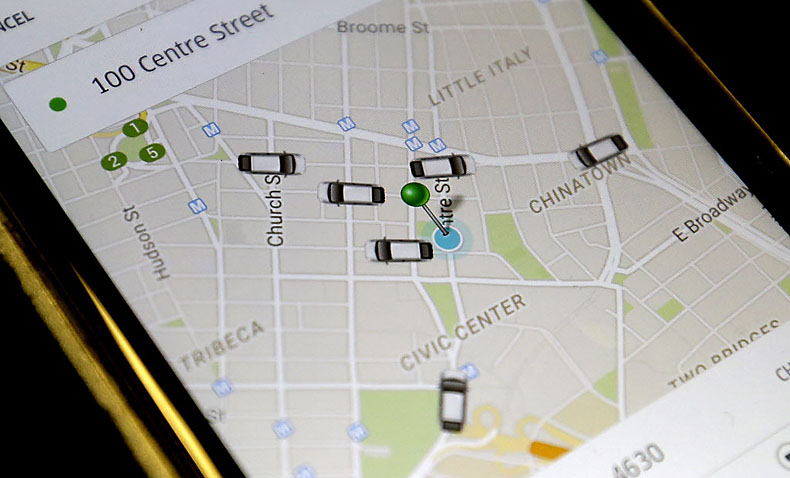
It’s also been a breeding ground for health-tech companies like Teladoc, Family Health On Call, and Axxess, all of which specialize in different forms of home healthcare services. “In giving individual people a foothold in these industries, a benefit can be provided … to people who are in the middle class, or those who are trying to work their way to the middle class.”ĭFW is considered a major Texas market for two of the best-known, on-demand companies: Airbnb, an online marketplace for home sharing, and Uber, a ridesharing service, both based in California. It reduces barriers to entry in participating in industry,” Hirsh Jain, Airbnb’s global public policy manager, said about on-demand services at the recent Reimagine Communities Symposium hosted by Capital One and the Urban Institute. And as companies work with local lawmakers, participating in the new economy is expected to only get easier.
/arc-anglerfish-arc2-prod-dmn.s3.amazonaws.com/public/VWBDRO2QIUGXKR3DTPDJGMBMI4.jpg)
For communities like Dallas-Fort Worth, which has a wide wealth gap, the rise of what experts call the “sharing economy” could provide an economic boost to areas that need it most.
/arc-anglerfish-arc2-prod-dmn.s3.amazonaws.com/public/5CCNC7F6G2EWCS37SWTEJ744ZY.jpg)
Today, consumers can get almost anything with the touch of a button. Want to hail a flying car? Believe it or not, there will soon be an app for that.

Looking for a place to stay? There’s an app for that, too. Need to see a doctor? There’s an app for that.


 0 kommentar(er)
0 kommentar(er)
